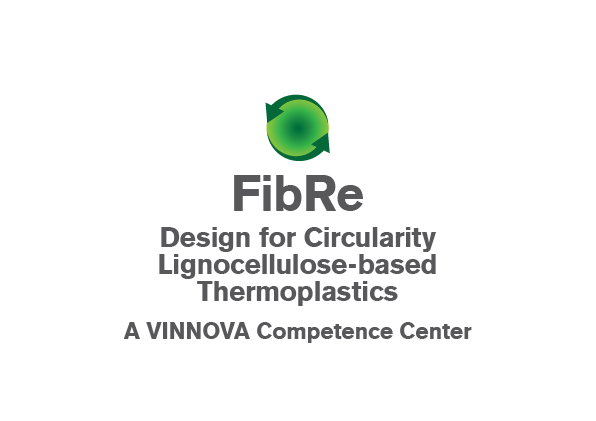Plasticization and partial depolymerization of lignocellulose-based materials
This project is a part of the competence center FibRe. This particular PhD student project aims to plasticize the lignin in the cell walls. The first part will be to extract lignin from wood and wheat straw, and to evaluate how different plasticizers affect the material properties. This will then be extrapolated to lignocellulose-based fibers.
Plasticization and partial depolymerization of lignocellulose-based materials Läs mer »



